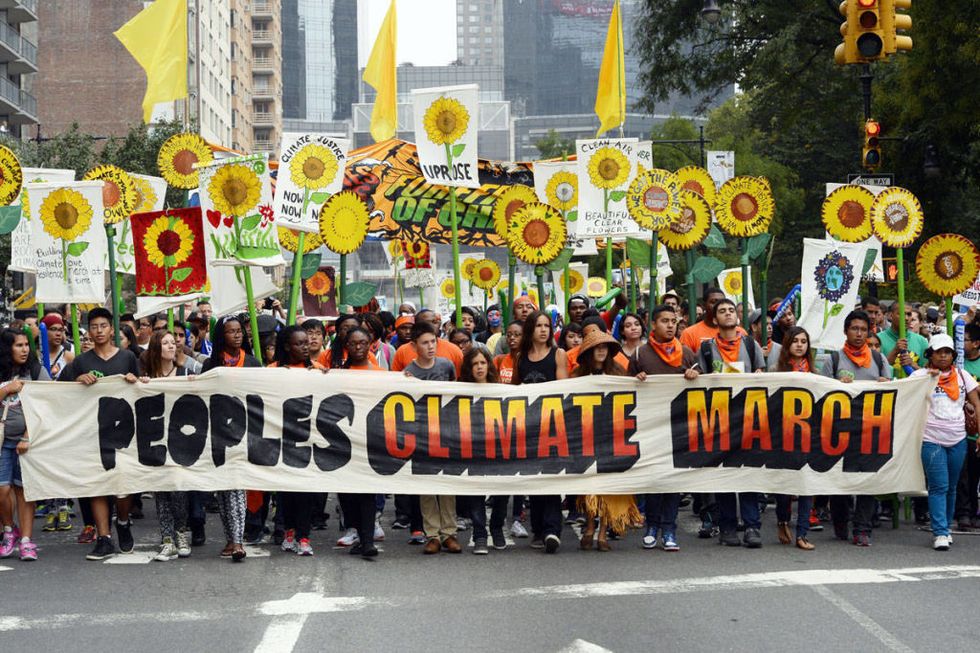ULC230 - Climate Politics - 2025/26
Section outline
-
PODCAST - 40% of total mark
You will be required to produce a 20-25-minute ‘podcast’ in pairs or threes (30-35 minutes if a group of three) discussing the content and readings covered on a specific week.
The podcast should be recorded as a sound file (mp3, mp4, or m4a format) via your phone (e.g. Voice Memos on iPhone or Voice Recorder app on Android) or computer and emailed as an attachment by 1pm CET to Dr. Edouard Morena (edouard.morena@ulip.lon.ac.uk) .
The recording will then be posted on the module QMPlus page and be made accessible to other students.
You should start with a brief greeting and with each person saying their name, e.g. ‘Hello, this is the ULC230 Podcast for Week 5 with me Joe Bloggs… and me Barbara Bobbins.’
The podcast is an opportunity for you and your partner(s) to review the issues and questions explored in that week’s lecture and seminar and raised in the suggested readings. You do not have to be exhaustive and cover everything. Instead, try to pick out things you found especially interesting or surprising and develop a conversation out of that.
Managing your time during the recording is key so you will benefit from some preparation. Before you make the recording, it will be useful to agree with your partner(s) on some of the themes/questions you are planning to cover and which aspects each person might want to focus on. In the case of further reading, you can split this between different members of the group and ask each other what you found in each case.
You will be assessed according to the following main criteria:
- Knowledge and Preparation
- Understanding of issues covered during lecture and seminar
- In-depth engagement with that week’s set reading
- Broader engagement with further reading for that week
PLEASE NOTE THAT YOU CAN SUBMIT YOUR PODCAST AT ANY POINT DURING THE SEMESTER.
GRADES AND FEEDBACK WILL BE SENT TO YOU AT THE END OF THE SEMESTER.
-
-
943.5 KB
-
27.5 KB
-
294.4 KB
-
-
-
-
4.1 MB
-
During this session we will focus on how cities contribute to and are impacted by climate change. We will also look at their particular role in international climate politics.
-
-
-



